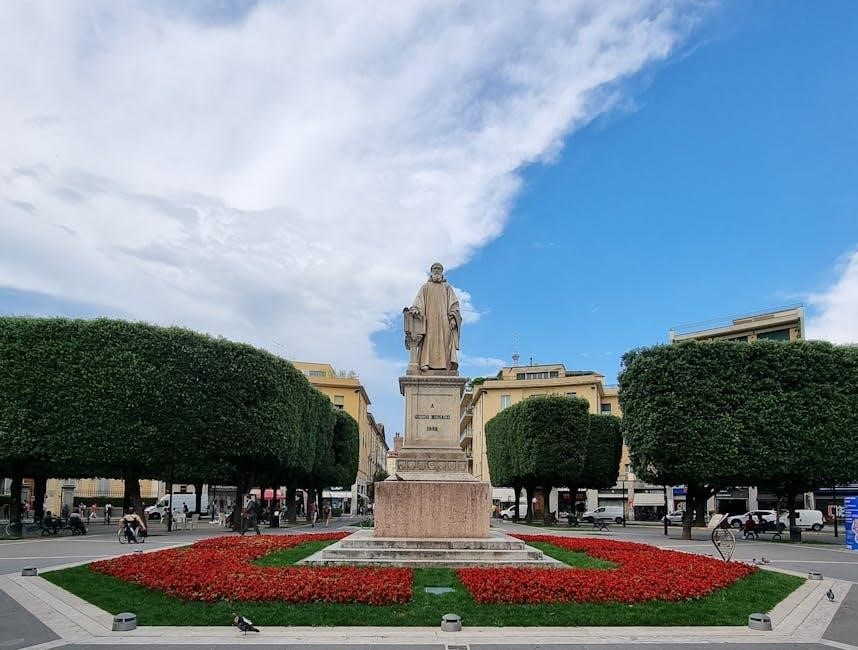guido angelozzi
- Published
- in Guide
Guido Angelozzi, born on February 5, 1955, in Catania, Italy, is a former professional footballer turned sporting director. Known for his midfield skills during his playing career, he transitioned into sports management, becoming renowned for his strategic vision and youth development focus, particularly during his tenure at Frosinone.
1.1 Who is Guido Angelozzi?
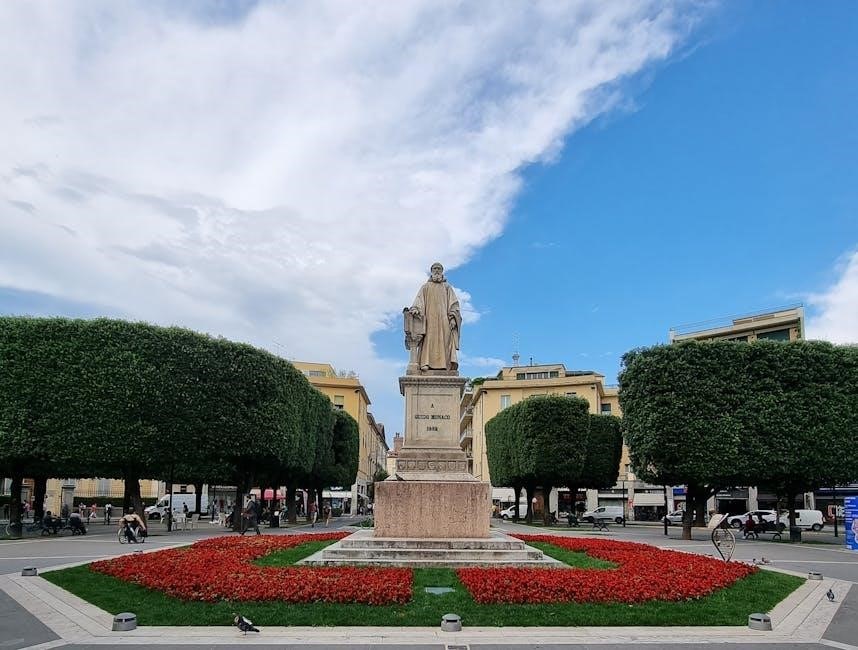
Guido Angelozzi, born on February 5, 1955, in Catania, Italy, is a former professional footballer and current sporting director. As a midfielder, he played for clubs like Catania and Paganese, with a notable 5-goal record in Serie D during the 1975-1976 season. After retiring, he transitioned into sports management, becoming known for his strategic leadership and focus on youth development. Angelozzi gained prominence as the sporting director of Frosinone, transforming the club into a young, dynamic, and financially sustainable team. His career highlights include rebuilding club identities and fostering talent growth, making him a respected figure in Italian football management.
1.2 Early Life and Football Career
Guido Angelozzi was born in Catania, Italy, on February 5, 1955. Growing up in a football-loving region, he developed a passion for the sport from an early age. Angelozzi began his football career as a midfielder, known for his technical skills and versatility. He played for local clubs, including Catania and Paganese, where he achieved a personal best of 5 goals in Serie D during the 1975-1976 season. Although his playing career was not marked by major trophies, it laid the foundation for his future in football management, where he would later excel as a strategic and visionary leader.
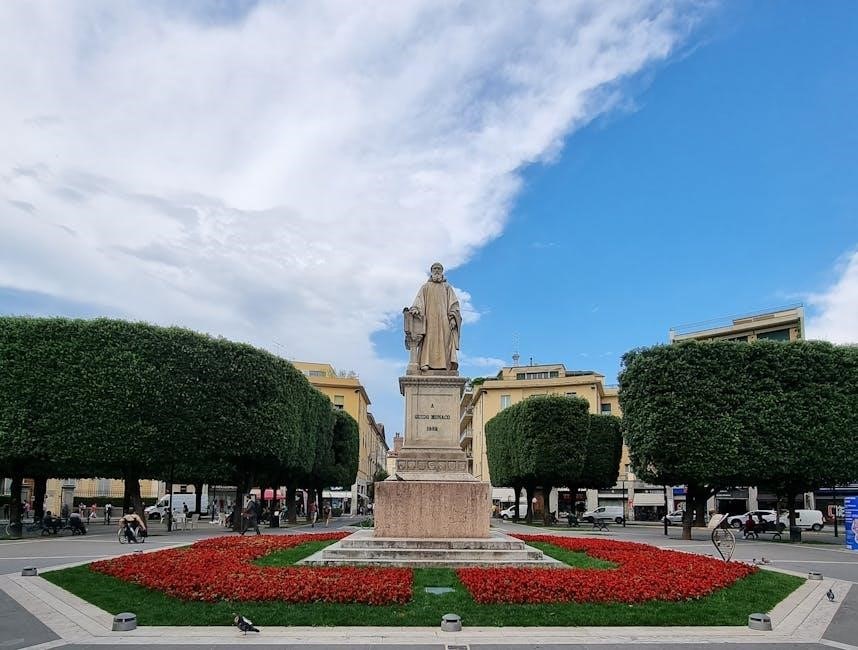
Professional Football Career
Born in Catania, Guido Angelozzi played as a midfielder for Catania and Paganese, achieving 5 goals in Serie D during the 1975-1976 season, showcasing his technical prowess and versatility.
2.1 Clubs and Achievements
Guido Angelozzi began his football career in his hometown club, Catania, before moving to Paganese. During the 1975-1976 season, he scored five goals in Serie D, a personal best. His time at Catania was marked by development and growth, while at Paganese, he became known for his consistency and work ethic. These experiences laid the foundation for his future in football management, where he applied the lessons learned on the pitch to build successful teams off it.
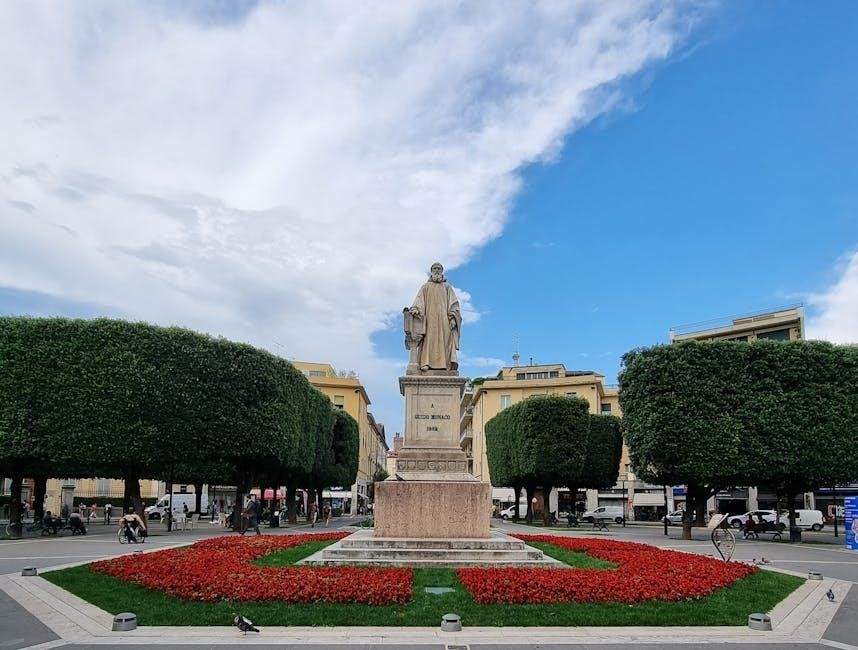
2.2 Notable Records and Performances
Guido Angelozzi’s football career is marked by his notable performance in Serie D during the 1975-1976 season, where he scored five goals, a personal record. His consistency and durability as a midfielder earned him recognition during his time with Catania and Paganese. Angelozzi’s ability to adapt to different tactical systems and his work ethic made him a reliable player on the field. These performances showcased his dedication and skill, laying the groundwork for his later success as a sporting director, where he applied the same determination to build strong, competitive teams.
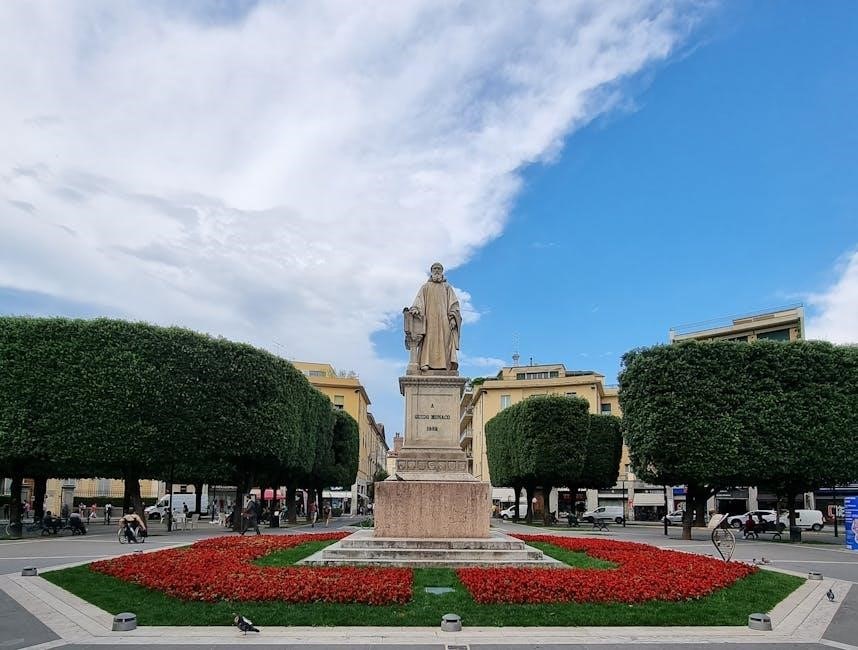
Transition to Sporting Director Role
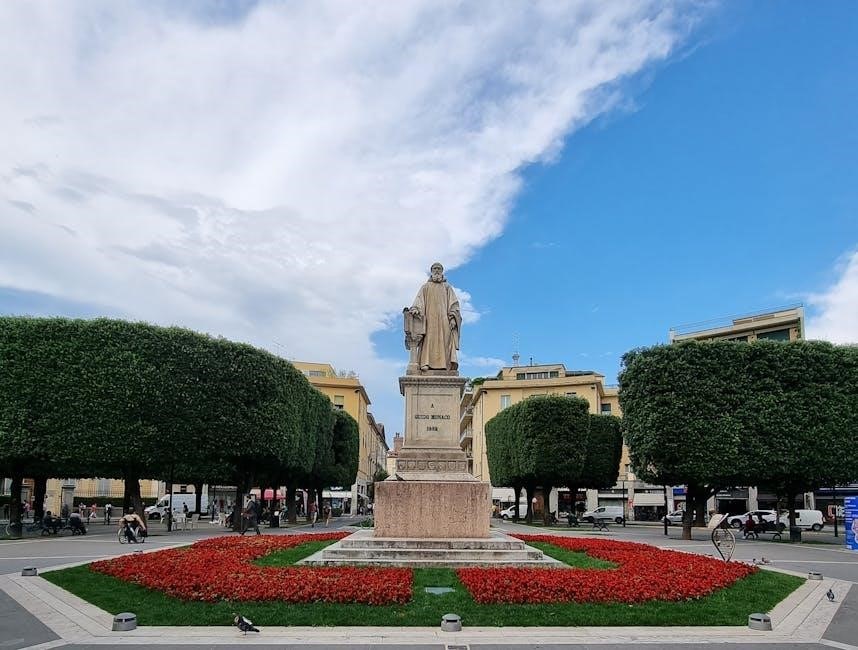
Guido Angelozzi transitioned to a Sporting Director role in 2020, joining Frosinone after their playoff defeat. He has since transformed the club into a youthful, offensive, and financially sustainable team.
3.1 Leadership and Vision for Frosinone
Guido Angelozzi’s leadership at Frosinone has been transformative. His vision centers on developing young talent and implementing an attacking style of play, creating a sustainable model for the club’s future success.
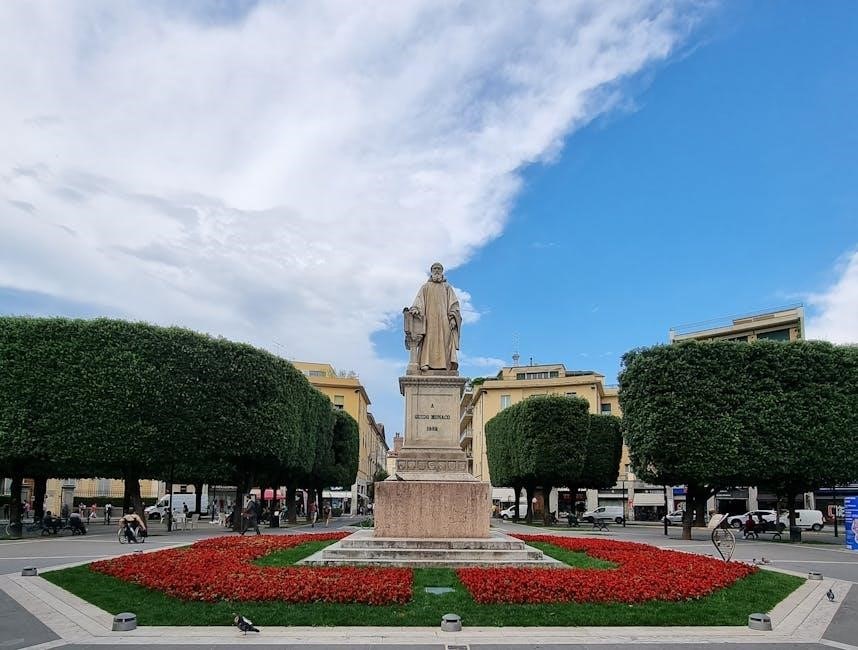
3.2 Rebuilding Frosinone’s Identity
Angelozzi’s arrival in 2020 marked a turning point for Frosinone. He transformed the club into a young, dynamic, and financially sustainable entity, lowering the squad’s average age and wage bill. By focusing on promising talents and fostering an attacking style, he redefined Frosinone’s footballing identity. His vision emphasized long-term growth, creating a cohesive team culture that resonated with fans. This approach not only revitalized the club’s image but also laid the foundation for future success, culminating in their promotion to Serie A in 2023. Angelozzi’s leadership and strategic planning have been instrumental in reshaping Frosinone’s identity and securing its place in Italian football.
Key Contributions to Frosinone
Angelozzi’s focus on youth development and sustainable economic strategies revitalized Frosinone, fostering a culture of growth and long-term success, while his recruitment strategies enhanced the club’s performance.
4.1 Youth Development and Sustainability
Guido Angelozzi prioritized youth development, transforming Frosinone into a hub for nurturing young talent. His emphasis on sustainability led to a reduced average age and wage bill, fostering a cost-effective, long-term vision. By investing in youth infrastructure and scouting, he created a pathway for young players to excel. Angelozzi’s approach not only strengthened the club’s financial stability but also enhanced its competitive edge, ensuring a promising future for Frosinone. His commitment to sustainability and youth development has been instrumental in reshaping the club’s identity and laying the foundation for continued success.
4.2 Strategic Loan Deals and Player Recruitment
Guido Angelozzi’s strategic approach to loan deals and player recruitment has been pivotal for Frosinone. He successfully negotiated loans for young talents like Kaio Jorge, Enzo Barrenechea, and Matias Soule from Juventus, enhancing the team’s quality. Angelozzi’s ability to identify undervalued players and integrate them into the squad has been instrumental in maintaining competitiveness. His recruitment strategy focuses on long-term growth, ensuring players align with the club’s vision. This approach has not only strengthened the squad but also attracted attention from bigger clubs, showcasing Frosinone as a hub for developing talent. Angelozzi’s negotiation skills and eye for potential have been key to the club’s success.
Controversies and Criticisms
Guido Angelozzi faced criticism for his public statements regarding Dean Huijsen’s decision to join Roma over Frosinone, expressing disappointment and emphasizing his project’s commitment to dedicated players.
5.1 Criticism of Dean Huijsen
Guido Angelozzi publicly criticized Dean Huijsen for choosing Roma over Frosinone, despite initial interest in joining the latter. Angelozzi expressed disappointment, stating that Huijsen’s decision reflected a lack of belief in Frosinone’s project. He emphasized the importance of recruiting players who are fully committed to the club’s vision and goals. This criticism highlighted Angelozzi’s strong expectations for player loyalty and dedication, showcasing his passionate approach to building a cohesive team. The incident also sparked discussions about the challenges of attracting top talent to smaller clubs like Frosinone, underscoring the competitive nature of Italian football’s transfer market.
5.2 Public Statements and Reactions
Guido Angelozzi’s public statements often reflect his passion for football and his clear vision for Frosinone. His comments about Dean Huijsen sparked significant media attention, with many praising his honesty. Angelozzi’s transparency has earned him respect within the football community, as he consistently advocates for player commitment and project belief. Fans and analysts appreciate his straightforward approach, which aligns with his reputation as a leader dedicated to rebuilding and sustaining teams. His statements often highlight the challenges faced by smaller clubs in competing with larger ones, resonating with supporters who admire his dedication to fostering young talent and creating a sustainable football model.
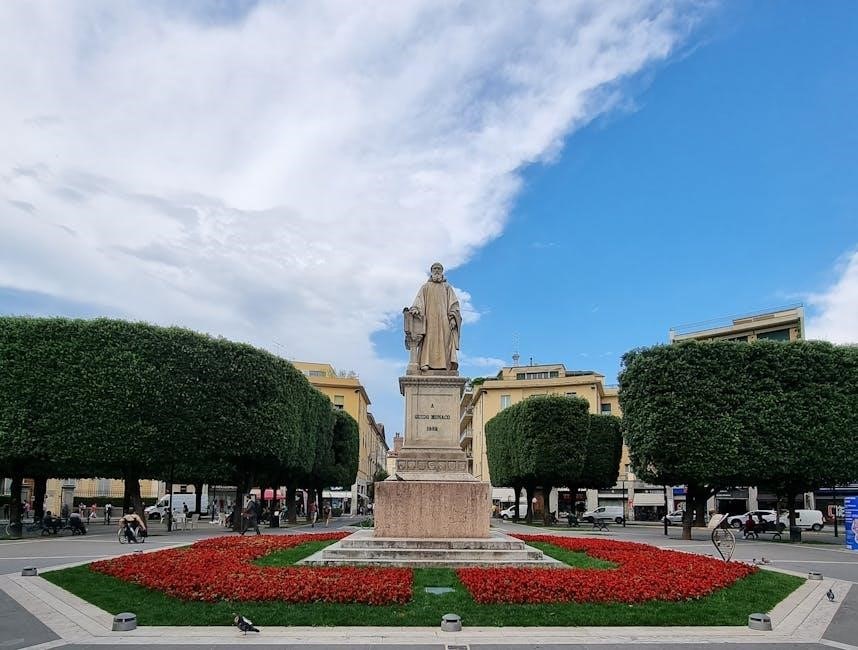
Future Prospects and Legacy
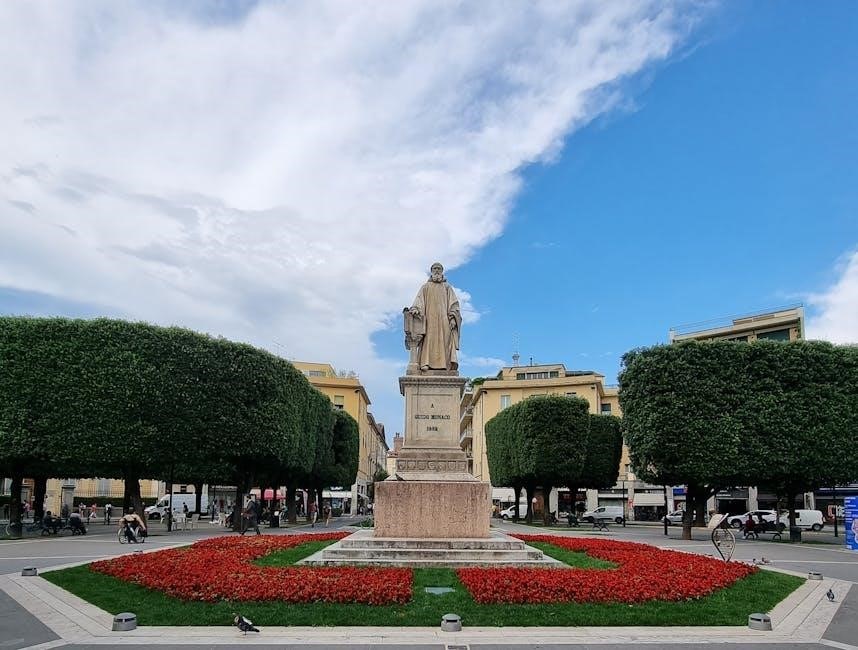
Guido Angelozzi’s departure from Frosinone after five impactful years opens new opportunities. His legacy lies in fostering youth talent and sustainable models, influencing Italian football’s future landscape significantly.
6.1 Potential Moves and New Challenges
Guido Angelozzi, having left Frosinone after a transformative five-year tenure, is speculated to join Cagliari as their new sporting director, replacing Nereo Bonato. His ability to uncover young talent and implement cost-effective strategies could revitalise the club. Angelozzi’s track record in fostering youth development and sustainability positions him as a valuable asset for clubs seeking long-term growth. However, transitioning to a new club may present challenges, such as adapting to different team dynamics and fan expectations. His vision and leadership will be tested as he navigates these potential new roles, aiming to replicate the success he achieved at Frosinone.
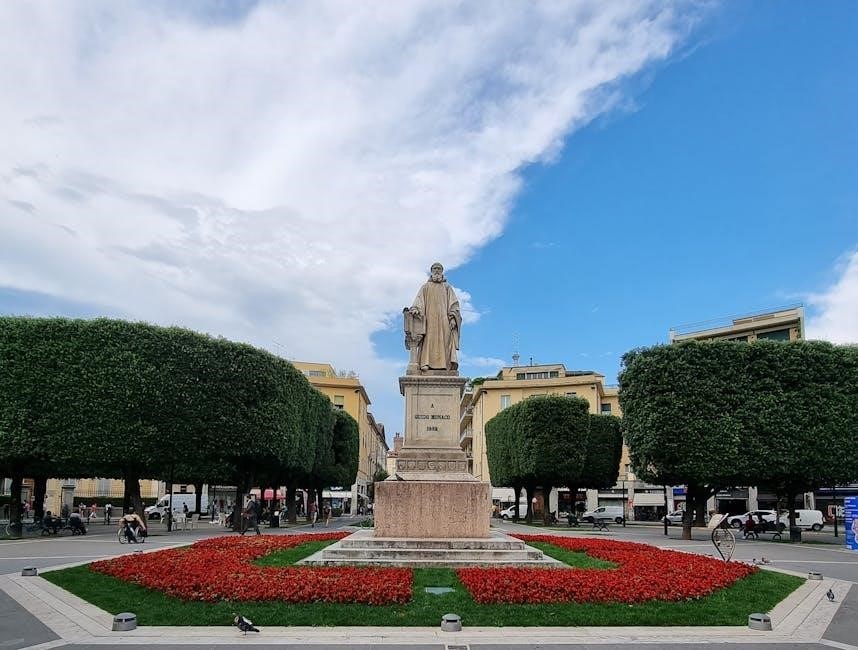
6.2 Impact on Italian Football
Guido Angelozzi has left an indelible mark on Italian football through his innovative approach to club management. His emphasis on youth development and sustainable economics has set a precedent for smaller clubs to compete effectively. By transforming Frosinone into a young, dynamic team, he demonstrated that success isn’t solely dependent on large budgets. His ability to secure strategic loan deals, such as those with Juventus, highlights his vision for nurturing talent. Angelozzi’s legacy extends beyond Frosinone, influencing a shift toward more sustainable and forward-thinking strategies in Italian football. His methods have inspired other clubs to adopt similar approaches, creating a ripple effect in the industry.
